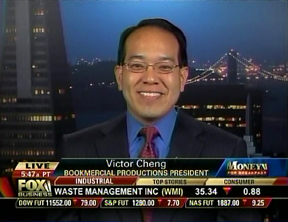Here is the video of my debate at the Hindustan Times Leadership Summit, New Delhi, India.
We had a lot of forces against us. I had been in India for 24 hours, did not know the local culture, was in Goddess-knows-what time zone, the motion was worded, for maximum debate fireworks, in a highly polarized way that didn’t work in our favor (“A liberal arts education is a waste of time and money.”) On account of that wording, by show of hands only two people voted, pre-debate, in favor of the motion (my wife and my friend), and most of the hands in the room, full of 500 of India’s most elite businesspeople, went up against it.
Nonetheless, I rained debate hellfire on our opponents. If you’d like to see what it looks like when a young tyke dresses down the headmaster of prestigious Wellington College (one of Britain’s most elite boarding prep schools) for perpetuating and promoting a system in which a year of education at his institution costs 40+ years worth of the average income of an Indian family, watch here.
I also got a chance to tell, to an Indian audience, the story of how my wife got her higher education, informally, traveling in their country on a budget of $6K, for 2 years in her early 20s. That made her a mini-celebrity for the rest of the conference.
We lost the debate (the audience was still overwhelmingly against our motion in the post-vote), but we went down swinging and fighting. Dozens of people came up to me afterwards and expressed gratitude for bringing up the issue of the costs of higher education, which are so pressing for Indian families (as they are for US families). And our opponent, Wellington College headmaster Anthony Seldon, graciously came up to me afterwards after our spirited debate, and said that he thought we won the debate. I was unrelenting and merciless, and had Seldon on his knees (literally! watch the video!) after my segment. He was a good sport and came back swinging in his own segment after mine. You can watch all the fun below.
My segment starts here:
http://www.youtube.com/
The full debate from the beginning is here:
http://www.youtube.com/
And stay tuned on the same video (either link), after our debate segment, for a wonderful presentation by Darryl Hannah.




